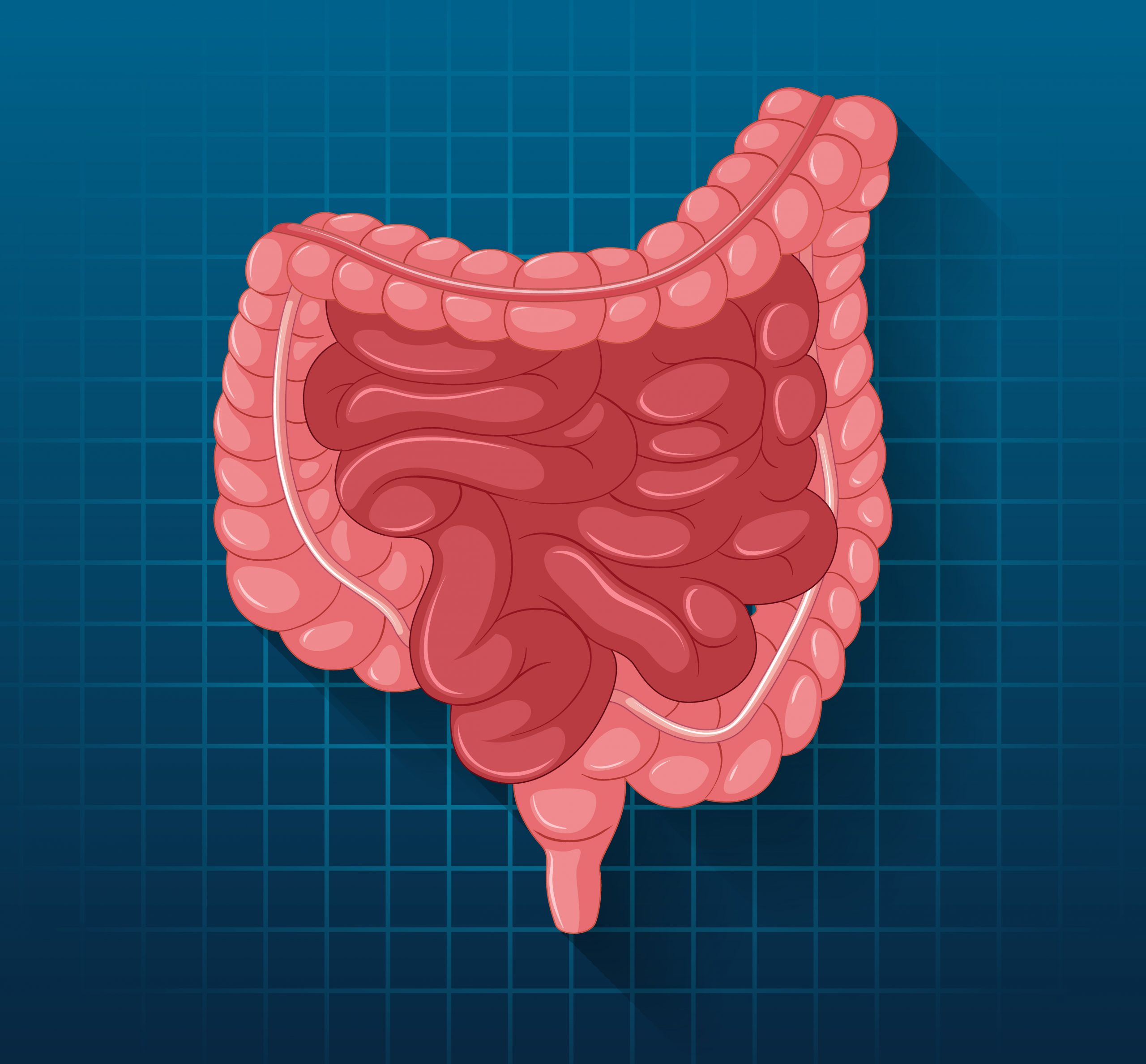

A specific gene mutation is seen in approximately 40% of colorectal cancer patients. According to a new study, it is associated to lower cell death and lower survival rates in men.
According to a new Yale study, colorectal cancers detected in males with a specific genetic mutation have a different metabolism from those seen in other individuals. The researchers discovered that these tumors have a lower likelihood to undergo cell death, which could lead to a new path for precision colorectal cancer treatment.
The findings were published in the journal Redox Biology on April 20.
Cancer cells undergo metabolic alterations to create the fuel required for growth and replication.
“The tumor adapts to survive, so it will actually rewire metabolism to ensure that it can stay alive and grow,” said Caroline Johnson, associate professor of epidemiology at Yale School of Public Health and co-senior author of the study.
Because these metabolic alterations are so important for cancer cell survival, experts believe they could be therapeutic targets.
Around 40% of colorectal cancer patients have a mutation in the KRAS gene. The KRAS gene, when not altered, encodes a protein that supports normal cell growth and division. Mutated variants of the gene, on the other hand, have been related to a variety of cancers, including lung cancer, pancreatic cancer, and colorectal cancer.
This mutation makes colorectal cancers more drug-resistant than others, making treatment more challenging.
The Yale researchers questioned if metabolic changes could be involved.
“Our aim was to see if there were specific altered metabolic pathways in tumors with KRAS mutations,” said Hong Yan, a postdoctoral associate in Johnson’s lab and lead author of the study.
Tissue samples from 200 patients were used in the study, including colon tissue samples from 39 healthy patients, tumor samples from 60 patients with KRAS mutations, and tumor samples from 101 patients without KRAS mutations. They then examined the metabolites contained in those tissues, which are tiny chemicals created by numerous biological activities.
They discovered that there were metabolite differences not just between cancers and healthy tissue, but also between tumors identified in males and those found in women, and between tumors found in men with KRAS mutations and those without.
Further investigation found that men with KRAS mutations had tumor cells with decreased ferroptosis, a type of cell death when compared to other individuals.
“You want cell death to be occurring in cancer. You want the drugs to be killing the cells. So it’s important to have ferroptosis occurring,” said Johnson.
The researchers looked at genes that regulate ferroptosis in cells in a separate dataset. They discovered that the expression of those genes differed between KRAS-mutated cancers in men and tumors detected in other patients, which supported their first finding.
Greater expression of certain of these genes was likewise associated with lower five-year survival rates in male colorectal cancer patients with KRAS mutations, according to the researchers.
“Our findings were quite unexpected,” said Yan. “Particularly the gene expression differences, which were strong.”
The results also may yield new opportunities for colorectal cancer treatment, said the researchers.
“It reveals a new target for precision-based treatment,” said Johnson. “We may be able to tailor treatment based on sex and mutation status.”
In the future, for instance, a drug that targets ferroptosis could be used to treat men with KRAS mutations. Among the first steps toward that goal, said Johnson, would be to validate these findings in additional patient samples and use mouse models to answer more targeted questions, both of which her lab is exploring.
“We’re also using machine learning to identify additional biomarkers related to colorectal cancer,” said Yan.
Other Yale authors include Ronan Talty, Abhishek Jain, Yuping Cai, Jie Zheng, Xinyi Shen, Marcus Bosenberg, and Sajid Khan.
more recommended stories
 Tuberculosis Breakthrough with Experimental Antibiotics
Tuberculosis Breakthrough with Experimental AntibioticsKey Takeaways Experimental antibiotics disrupt a.
 National Healthy Longevity Trial Receives Federal Support
National Healthy Longevity Trial Receives Federal SupportKey Summary Up to $38 million.
 Red Blood Cells Improve Glucose Tolerance Under Hypoxia
Red Blood Cells Improve Glucose Tolerance Under HypoxiaKey Takeaways for Clinicians Chronic hypoxia.
 Nanoplastics in Brain Tissue and Neurological Risk
Nanoplastics in Brain Tissue and Neurological RiskKey Takeaways for HCPs Nanoplastics are.
 AI Predicts Chronic GVHD Risk After Stem Cell Transplant
AI Predicts Chronic GVHD Risk After Stem Cell TransplantKey Takeaways A new AI-driven tool,.
 Red Meat Consumption Linked to Higher Diabetes Odds
Red Meat Consumption Linked to Higher Diabetes OddsKey Takeaways Higher intake of total,.
 Pediatric Crohn’s Disease Microbial Signature Identified
Pediatric Crohn’s Disease Microbial Signature IdentifiedKey Points at a Glance NYU.
 Nanovaccine Design Boosts Immune Attack on HPV Tumors
Nanovaccine Design Boosts Immune Attack on HPV TumorsKey Highlights Reconfiguring peptide orientation significantly.
 High-Fat Diets Cause Damage to Metabolic Health
High-Fat Diets Cause Damage to Metabolic HealthKey Points Takeaways High-fat and ketogenic.
 Acute Ischemic Stroke: New Evidence for Neuroprotection
Acute Ischemic Stroke: New Evidence for NeuroprotectionKey Highlights A Phase III clinical.

Leave a Comment